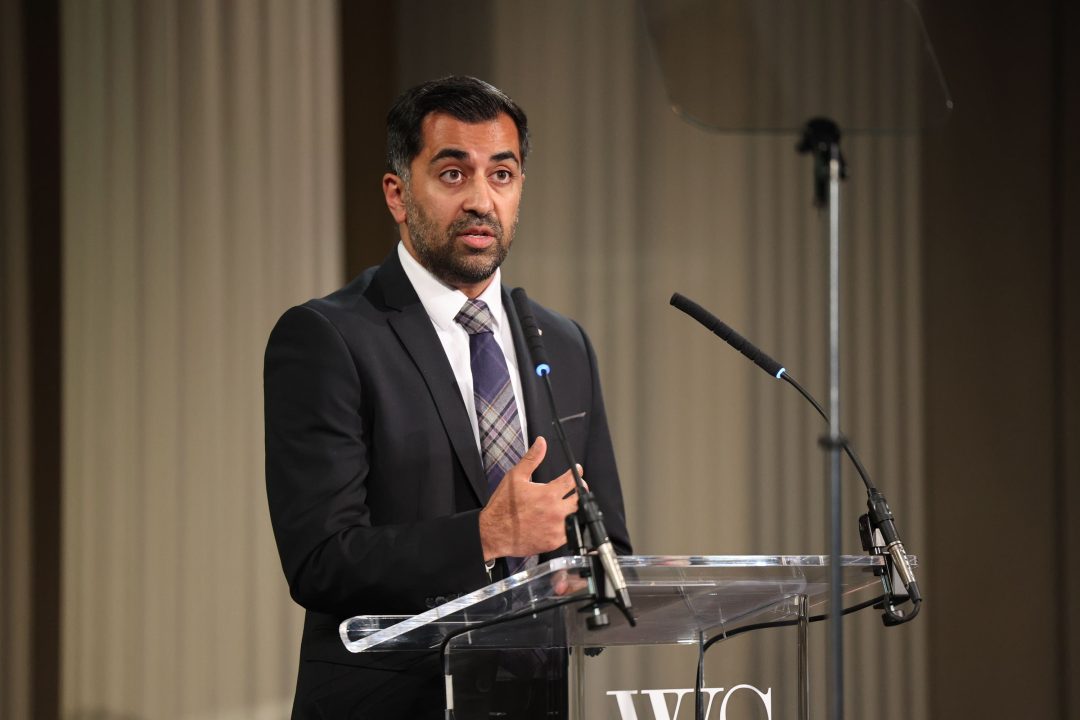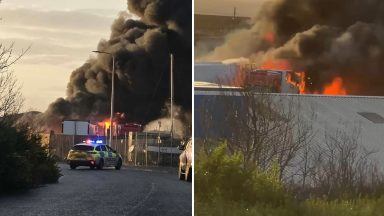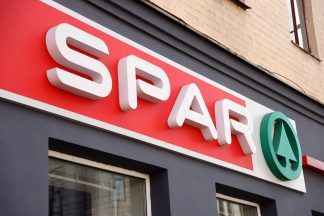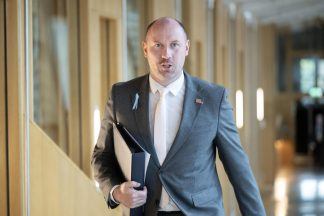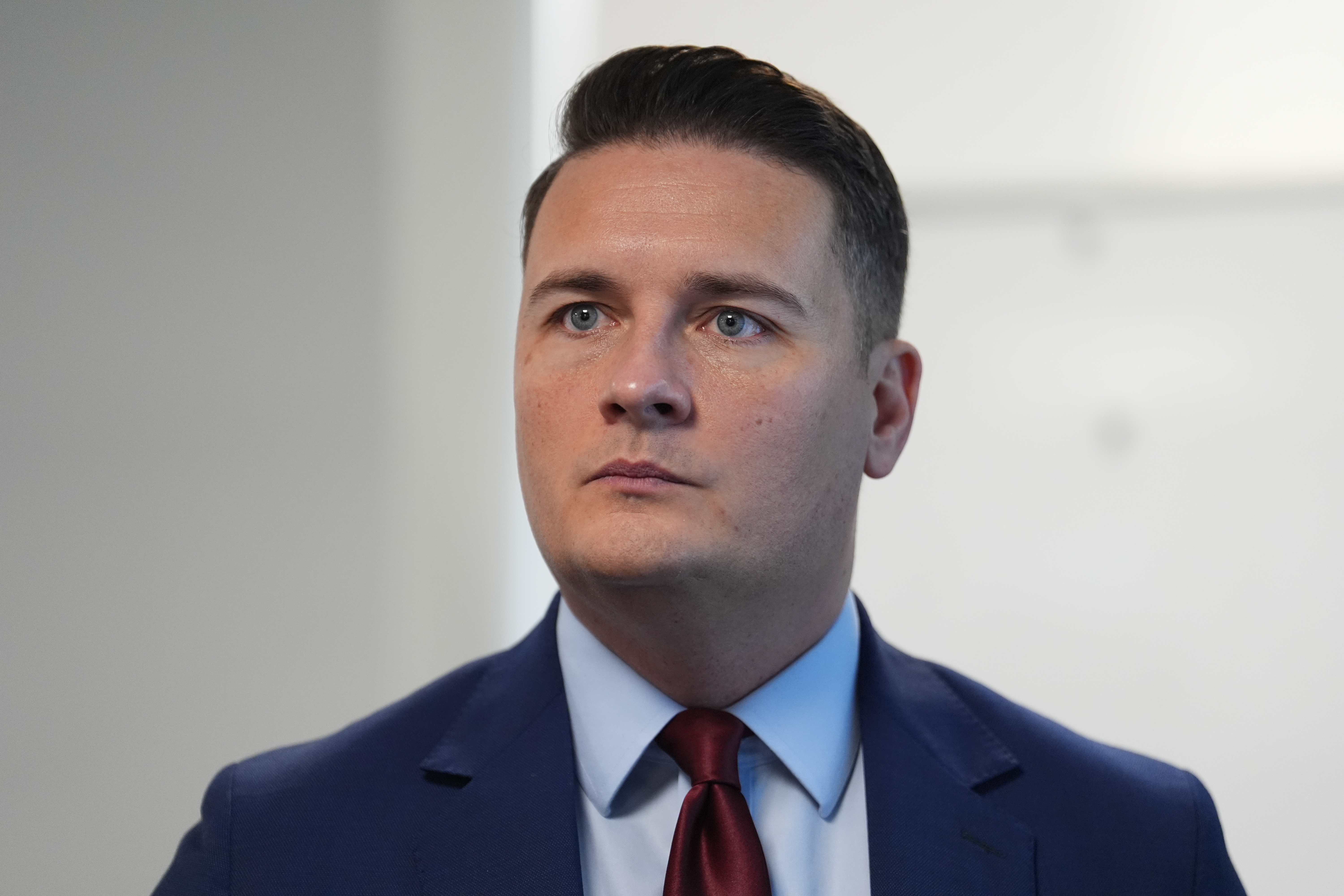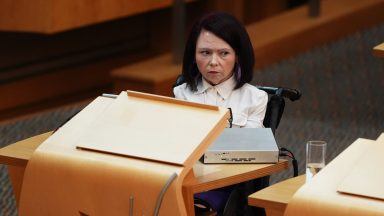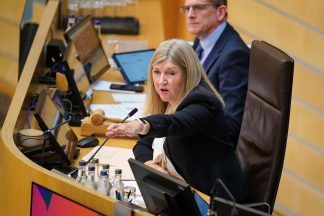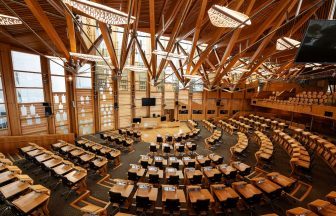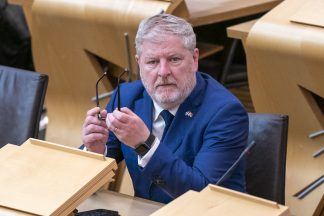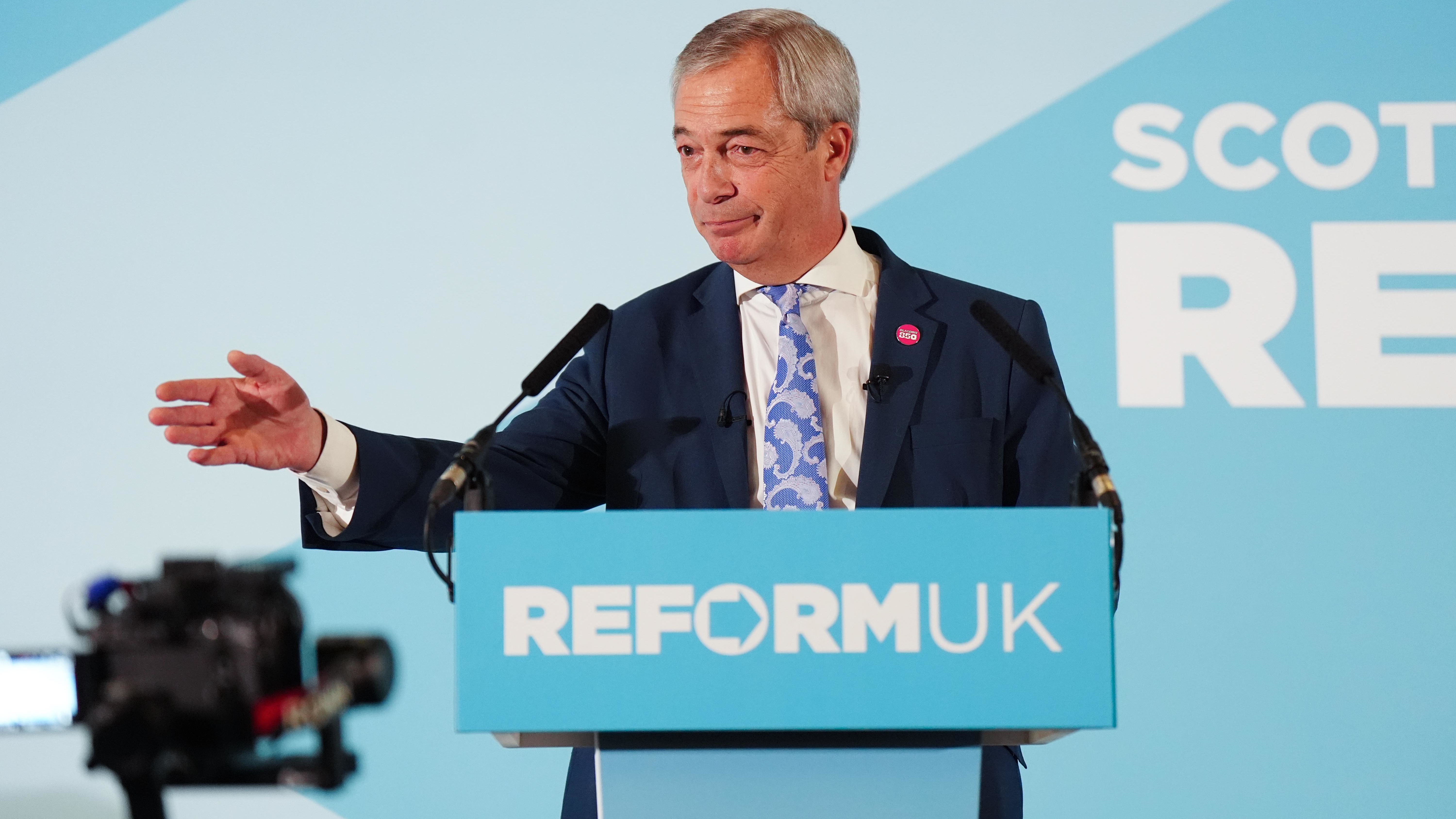Scottish independence would raise living standards and productivity, First Minister Humza Yousaf is expected to say in the first of a series of economic policy speeches.
Yousaf will speak at Glasgow University on Monday, drawing comparisons between the SNP, Labour and the Tories – including on the EU and migration – ahead of an election expected this year, as well as releasing plans for industrial policy in an independent Scotland.
His speech comes after a similar event held by Sir Keir Starmer this week, while Prime Minister Rishi Sunak told journalists he favoured the second half of the year for a new poll.
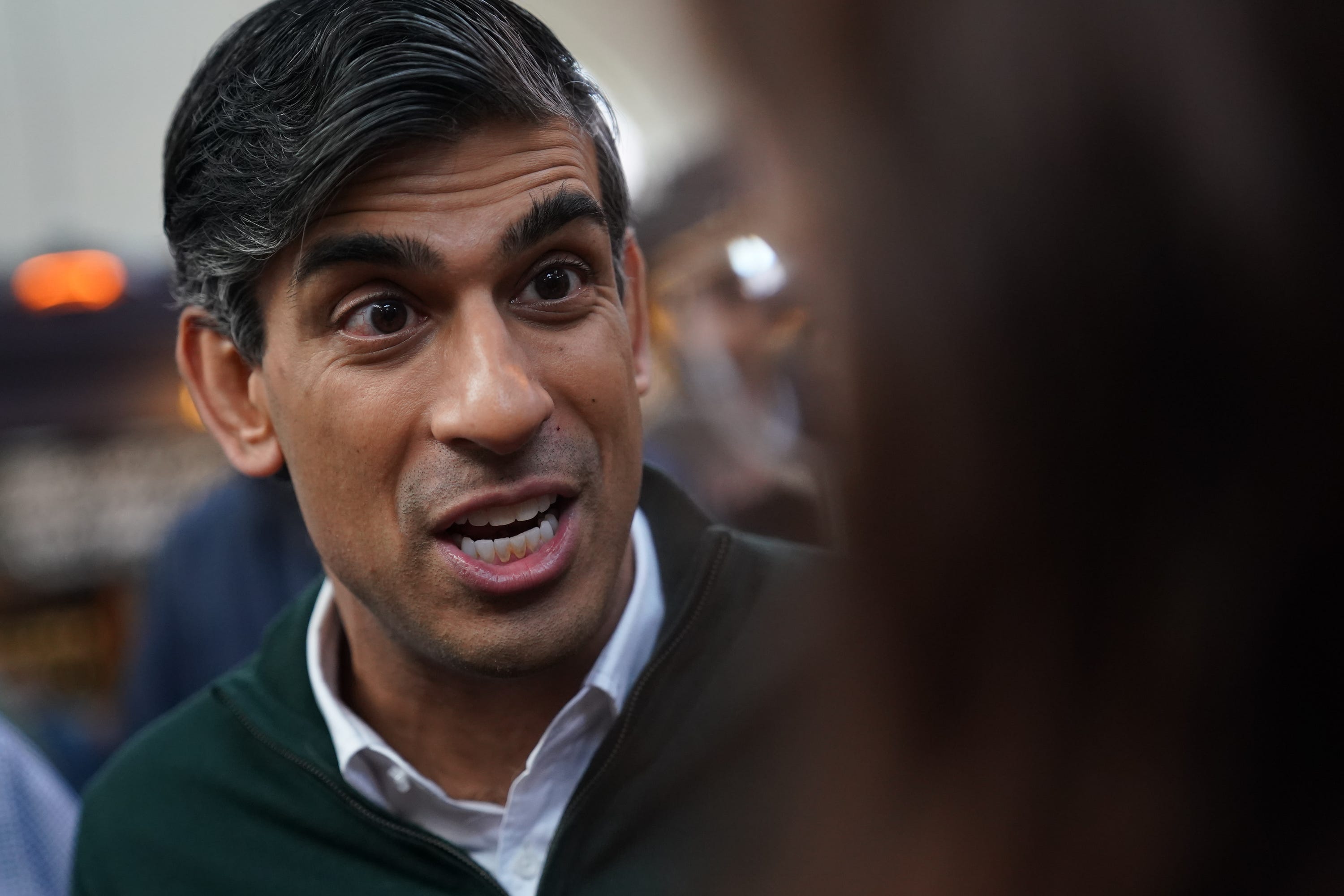 PA Media
PA MediaIn the first speech, the First Minister is expected to draw heavily from a report by the Resolution Foundation, which found that if the UK closed its income and inequality gaps to the same level as similar economies – namely Australia, Canada, France, Germany and the Netherlands – households would be £8,300 better off.
The First Minister will say: “If we use the same analysis for countries that are similar to Scotland – such as Denmark, Ireland and Finland – the difference for the typical Scottish household would be even greater.
“They would be £10,200 better off.
“That is the prize of independence.
“Not to match the performance of those independent countries overnight, no one is saying that, but to start catching up so Scotland’s level of prosperity becomes more normal, more like that of comparable nations. It is the UK that is the outlier.”
 PA Media
PA MediaWhile Scotland has “extraordinary resources” and “key economic strengths”, the First Minister will say the UK economy is one of “low growth, low productivity and chronic inequality”.
He will also launch an attack on the two main Westminster parties, kicking off a year likely to be dominated by electioneering.
“Both Labour and the Conservatives agree that the UK should be out of the EU and the huge European single market, and they both want to cut vital inward migration,” he is expected to say.
“Those are just two examples which demonstrate that for the two main UK parties, Westminster political interests will always override Scottish economic interests.
“Keir Starmer’s inability to offer any alternative to the managed decline of the UK is an abdication of leadership.
“The SNP Scottish Government will ensure that Scotland, its economy, and its people are not ignored by Westminster.”
Scottish Tory finance spokeswoman Liz Smith said it “beggars belief” that the First Minister will “lecture people on economics” after she claimed his Government “created a £1.5bn black hole in Scotland’s finances”.
“The SNP has presided over stagnant growth and utterly failed to engage with business or promote economic prosperity,” she added.
“He attacks the Westminster settlement delivering the highest ever block grants, a public spending bonus worth more than £2,000 a head and a huge tax cut in national insurance.
“By contrast, his SNP Government made Scotland the highest taxed part of the UK and has just raised taxes yet again to cover completely uncosted wage rises, council budgets and botched vanity projects.
“It’s difficult to know which is more alarming – the First Minister’s economic illiteracy or his arrogant unawareness of it.”
Meanwhile, Scottish Labour economy spokesman Daniel Johnson said the country’s potential had been “held back by an SNP Government bereft of ideas or ambition”.
“Families don’t need fantasy economics from Humza Yousaf in the middle of a cost-of-living crisis, they need his government to get a grip on its waste and incompetence,” he added.
“While Labour talks about how we can change our economy to make work pay and put money back into your pocket, the SNP and the Tories seem to be having a competition to see who can sound more out of touch.
“Scots are sick of paying the price of SNP failure – we need a government focused on growing our economy, creating quality jobs, and protecting public services.”
And Pamela Nash, chief executive of the anti-independence group Scotland in Union, said the speech Mr Yousaf is due to give will not “address the devastating impact separation would have on Scotland’s economy”.
The speeches, which are expected to cover areas including workers’ rights, inward investment, the business landscape and ownership, will supplement the more policy-heavy papers in the Building a New Scotland series.
Started under Nicola Sturgeon, the papers are designed to form the prospectus for an independent Scotland.Show less
Follow STV News on WhatsApp
Scan the QR code on your mobile device for all the latest news from around the country


